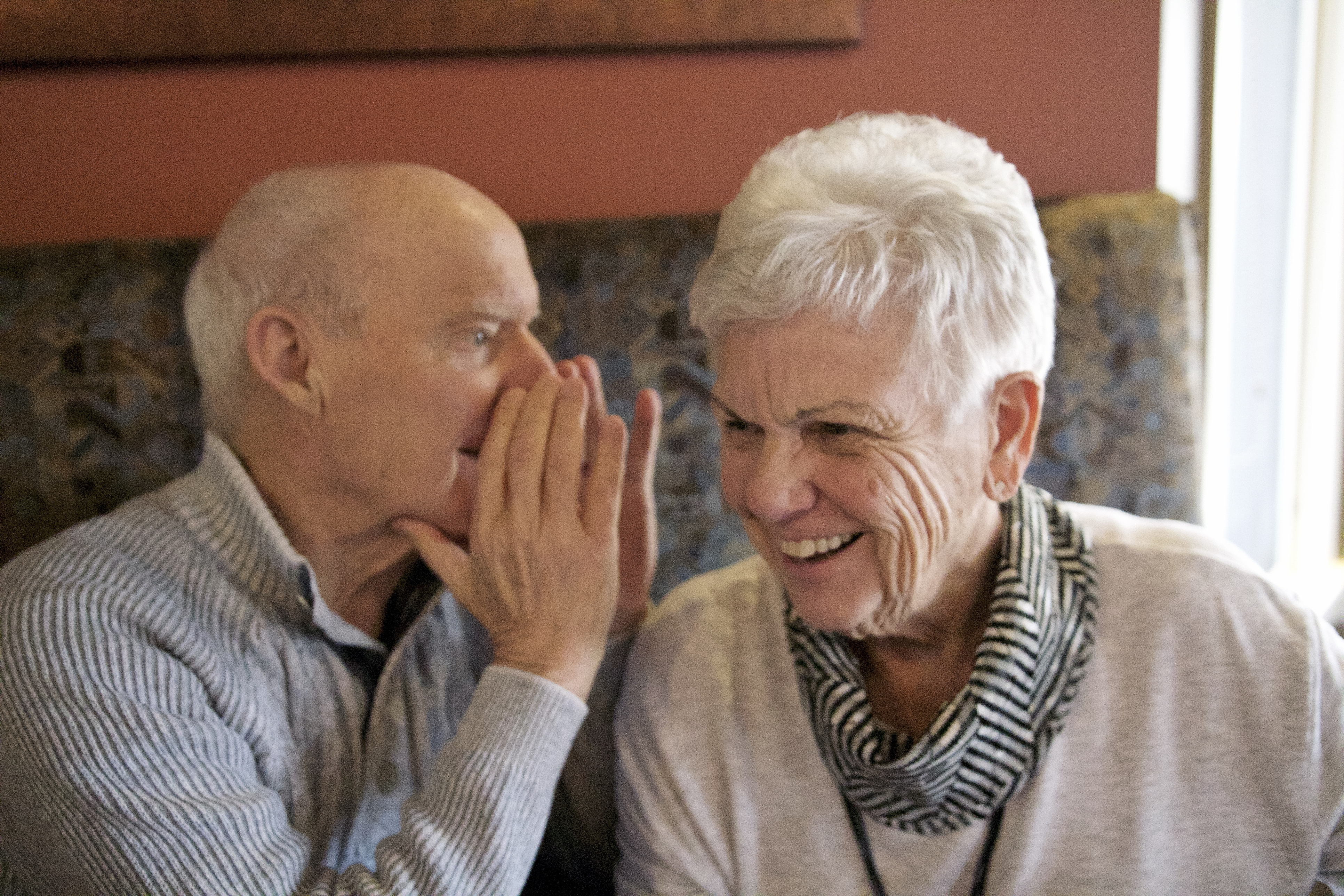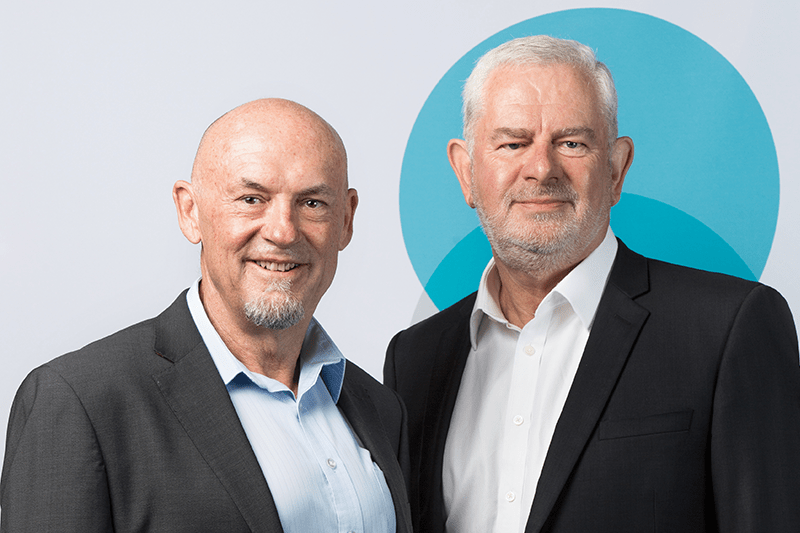By Peter Kelly on 26 February 2020
Hearing, or rather a decline in hearing, is something most people suffer as they age.
My wife, Kerry will often ask me something and I haven’t got a clue what she has said. I accuse her of mumbling. My defence is often that she may be in another room or otherwise out of direct line of hearing, but the result is the same.
Of course, she tells me I am going deaf and I need a hearing aid.
Most men, and I am sure many women, suffer from “selective deafness”. That is, we pretend not to hear what they don’t want to hear.
But you can’t really use selective deafness as an excuse when pretending not to hear – at least not unless you are very brave.
I realise my hearing is not what it used to be when I was much younger. But then, I imagine this is a common malaise of many people of mine, and older generations.
In particular, I find it very difficult to hold a conversation with people in a noisy room. The background noise seems to crowd out what individual people are saying. As a result, I now tend to avoid noisy places. Trying to have a conversation with someone when a band in the same room is pounding out music at 250 decibels isn’t going to work for me!
I thought this was just “my problem” and gradual withdrawal would be the natural consequence if I chose to avoid the social embarrassment of not being able to hear what others were saying.
Apparently, I am not alone!
Recently, Kerry saw a seminar advertised on hearing loss and the effects it has on the brain, and the contribution it makes to dementia and declining mental health.
Now, I am the first to admit that travelling across the other side of Brisbane to sit in a lecture theatre at the University of Queensland for two hours, looking at images of the ear and brain on PowerPoint slides, is probably not my preferred way of spending a Thursday evening.
But attend, we did!
And, I must admit it was enlightening, andI’m glad I went along.
At this point I imagine that many of you are thinking - this was just another sales pitch packaged up as a seminar in order to flog hearing aids. After all, why would a busy professional take an evening out of their time to put on a free seminar?
I hear (no pun intended) what you are saying, and I agree.
In fact, having worked in the financial services sector for as long as I have, I have come to appreciate there is no such thing as a “free lunch”
But somehow this was different.
The presentation was made by an audiologist who has a couple of “independent” clinics. By independent he is one of perhaps only 20% of all clinics in Australian that ISN’T owned by a hearing aid manufacturer.
There was no pressure to sell, or even make an appointment for a hearing test. Sure, the invitation was there however there was no pressure at all. Just really good information that got you thinking.
One of the key messages presented was the relationship between hearing loss and dementia.
Based on studies conducted by reputable US universities, even a case of mild hearing loss can increase the risk of dementia. In fact, every 25% of hearing loss contributes to premature cognitive ageing by 7 years. That is, a 65-year old with 25% untreated hearing loss has the brain-age of a 72-year old.
The good (or perhaps bad) news is that we are not alone.
The primary causes of hearing loss are:
1. Ageing – we will all suffer from hearing loss if we live long enough, and
2. Over-exposure to noise – leads to premature ageing of the hearing system.
I guess the key message is that there is hope.
By having our hearing health tested and taking corrective steps can lead to a far better quality of life and reduce the risk of other negative health consequences.
And, don’t take it from me –an article recently published in The Lancet, stated: “…prevention or treatment of hearing loss in midlife (45–65 years) or later could reduce the incidence of dementia by as much as 9·1%”
I have checked our private health insurance and now I am off to our local independent audiologist to have my hearing checked.
My wife, and my work colleagues will rejoice, and I can get some of my life back!
Please remember, I just wrote a blog - I am not a trained medical practitioner. Always seek your own advice from a trusted health care professional before starting, stopping or modifying treatment.



comments